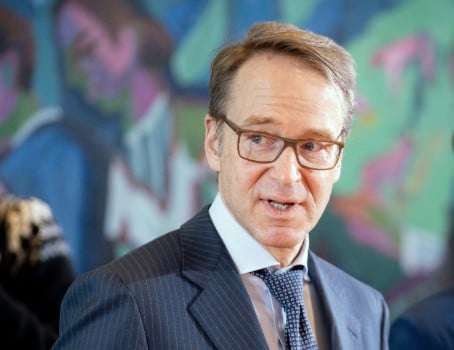In the face of economic turmoil, industrial production levels in the western part of the country have fallen considerably more than in the five reestablished states in the once communist east.
“The main reason lies in the fact that the east continues to be less dependent on exports than the west,” economist Udo Ludwig from the Halle Institute for Economic Research (IWH) told AFP.
Ludwig also forecast that Germany’s key metalworking industry in the east would fall four percent, while the west may have to reckon with a slump of up to 10 percent this year.
The IWH also estimates that the gross domestic product in the east will decrease by two percent in 2009, roughly one percentage point less than in the west of the country.
Vast differences in lifestyle, culture and political views still exist between the two parts of the country 20 years after the Wall fell, and economic differences tend to aggravate east-west tensions.
In the west, assets rose almost 11 percent between 2002 and 2007, but in the east they fell by just under 10 percent. Adjusted for inflation the fall was 17 percent, according to a study by DIW Berlin economic institute in January.
Last year, a study by the Berlin-Brandenburg Institute for Social Sciences found that almost two-thirds of former East Germans still do not think of themselves as citizens of the reunited Federal Republic.
President Horst Köhler warned at the time that nostalgia for East Germany risked deepening political divides further.
The full study by the IWH is due to appear next week.



 Please whitelist us to continue reading.
Please whitelist us to continue reading.